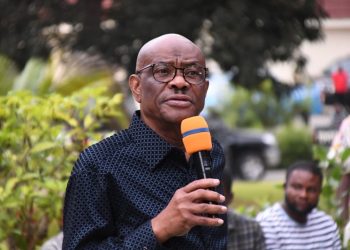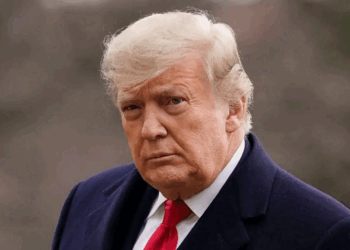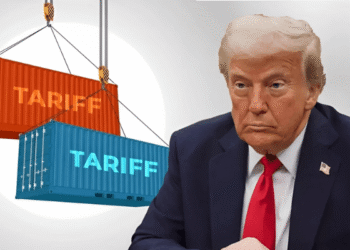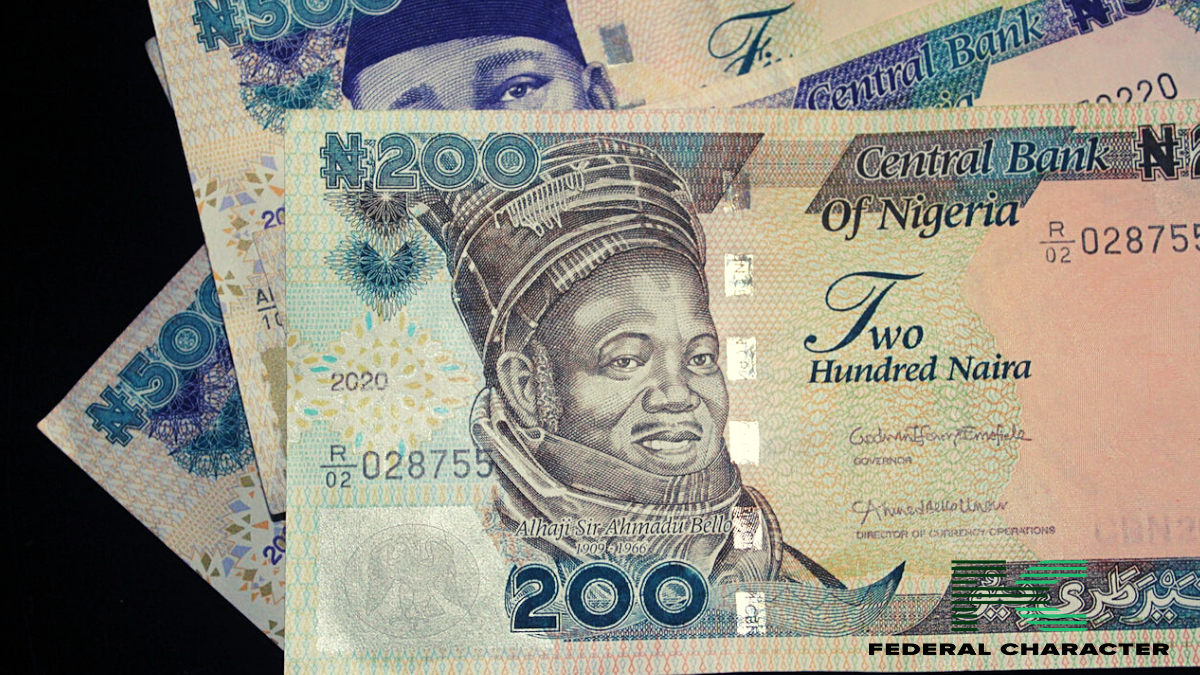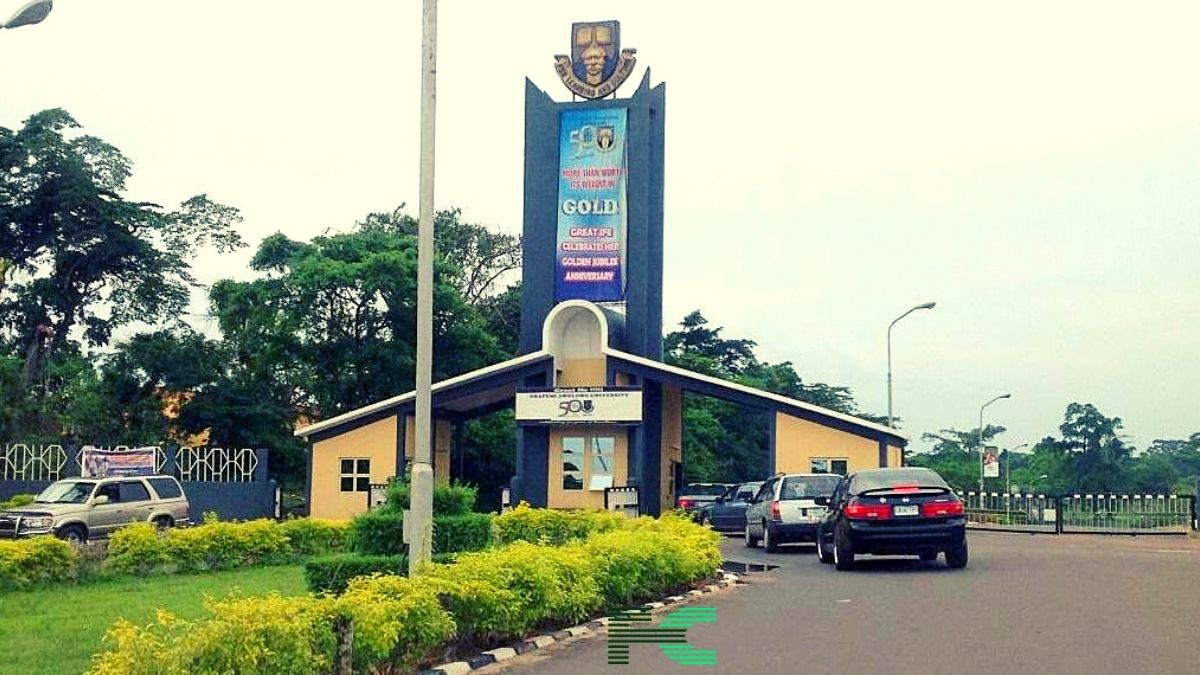Nigeria’s foray into the global gold market has yielded its first success, with the recent sale of domestically mined gold on the London Bullion Market Association (LBMA). This milestone, announced by Minister of Solid Minerals Development Dele Alake, represents a $5 million boost to the nation’s foreign reserves.
What They Are saying
However, the celebration is tempered by the ongoing issue of illegal gold mining. While the official program injects N6 billion into the rural economy through the purchase of locally mined gold from artisanal and small-scale miners, a significant portion of the country’s gold reserves are being diverted through unregulated activities.
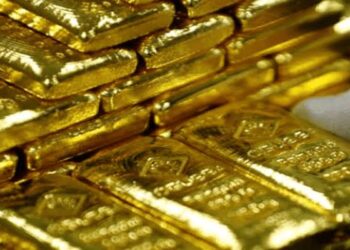
This initial sale marks a significant achievement for the National Gold Purchase Program, a government initiative aimed at centralizing gold acquisition and bolstering national reserves. The program advocates for the purchase of gold using the Nigerian Naira, aiming to strengthen the currency’s value.
Minister Alake hailed the program’s effectiveness, highlighting its ability to increase foreign reserves and showcasing the viability of using the Naira to acquire a valuable international asset like gold. President Bola Tinubu echoed this sentiment, viewing the sale as a concrete step towards economic diversification under his administration’s “Renewed Hope Agenda.”
He said, “The successful completion of the first commercial transaction demonstrates the National Gold Purchase Program’s effectiveness. It has increased the nation’s foreign reserves assets and shown that using the Nigerian Naira to purchase a liquid asset traded in United States Dollars, such as gold, is a viable strategy. This transaction has also underscored the potential of the National Gold Purchase Program to enhance fiscal and monetary stability.”
Receiving and displaying a symbolic bar, Tinubu commended the Ministry for achieving a major milestone in the administration’s drive to diversify the economy.
“This is another concrete step towards the diversification process under the Renewed Hope Agenda,” the President said.
Why It Matters
The gold sold on the LBMA met the stringent “London Bullion Market Good Delivery Standard,” a globally recognized benchmark ensuring the quality and legitimacy of gold bars traded internationally. This adherence to international standards fosters trust and paves the way for future Nigerian gold sales.
Despite the positive developments, the shadow of illegal mining looms large. Three years ago, the government declared a “no-fly zone” in Zamfara State to combat this illicit activity. Experts warn that illegal mining not only robs the nation of potential revenue but also fuels environmental degradation and social unrest in mining communities.
By entering the gold market through official channels, Nigeria joins a select group of nations that utilize gold reserves to bolster economic confidence, stabilize their currencies, and attract foreign investment. The success of the National Gold Purchase Program hinges on its ability to address illegal mining while efficiently integrating artisanal miners into the formal system.
Bottom Line
This move signifies Nigeria’s commitment to diversifying its revenue streams beyond oil dependence. However, sustainable growth requires a multi-pronged approach that tackles illegal mining while empowering legitimate actors within the gold sector.


